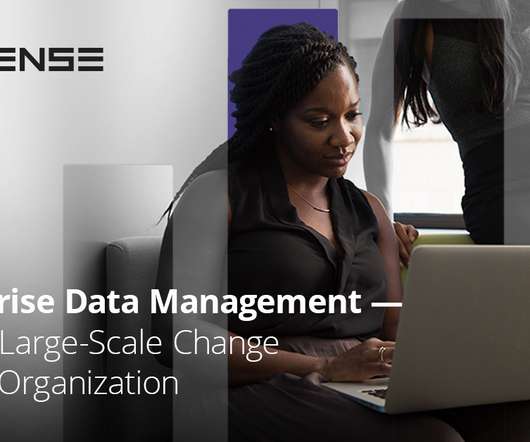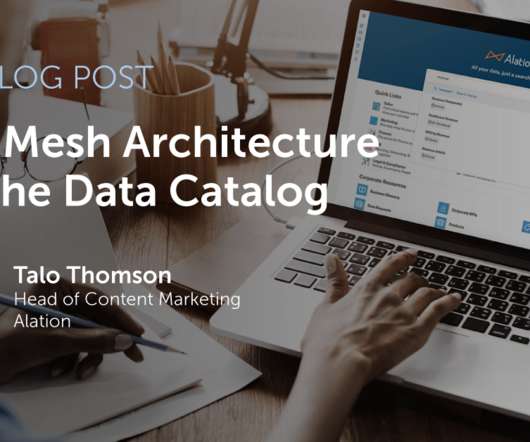Top 7 Data Governance Blog Posts of 2018
erwin
DECEMBER 20, 2018
The driving factors behind data governance adoption vary. Whether implemented as preventative measures (risk management and regulation) or proactive endeavors (value creation and ROI), the benefits of a data governance initiative is becoming more apparent. Defining Data Governance. to Data Governance 2.0















Let's personalize your content